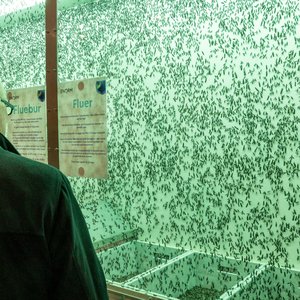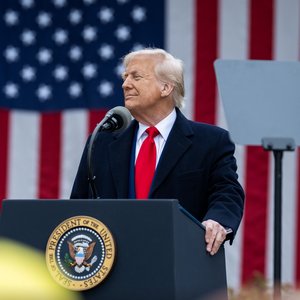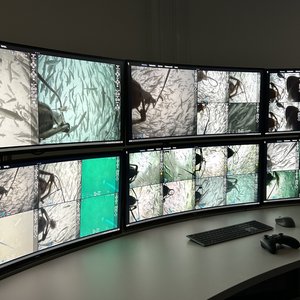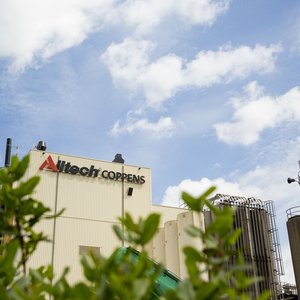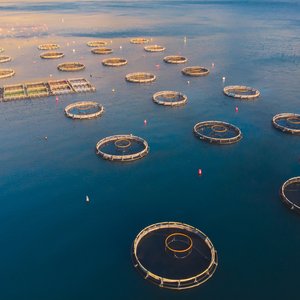The Ministry of Marine Affairs of Portugal has set the goal of doubling the country\'s aquaculture production by 2020 and treble it by 2023. In addition, it also seeks to treble the investment in this sector, and change from EUR 58 million recorded during the PROMAR, to nearly EUR 150 million in the current framework, to MAR2020 program.
Minister Ana Paula Vitorino hopes to achieve this growth with the entry into force of a package of measures to make the most competitive and sustainable aquaculture, which will be announced tomorrow in Aveiro.
In her opinion, the expectations are more realistic than ambitious, given the enormous growth potential of the sector.
The Aquaculture+ plan aims to demonstrate the government\'s commitment to solve the problems that are preventing the entry of more entrepreneurs in this activity, which according to the minister, \"can have a very positive contribution to the commercial balance.
\"There is ample room for growth in exports to EU countries where there is high demand. It is also important to reduce our imports,\" Vitorino stressed.
Currently 1547 fish farms operate in the country, of which only 13 have a production level that exceeds 100 tonnes, which to the minister shows that there is a problem of dimension, Publico.pt reported.
In this context, she believes that the Government\'s task is to create conditions so that there is more investment in the sector, which should work in three key areas: improving licensing, ensuring the possibility of funding and providing guidance in terms of regional planning, indicating potential stakeholders the areas identified as suitable for developing aquaculture.
Source: FIS // Original Article


